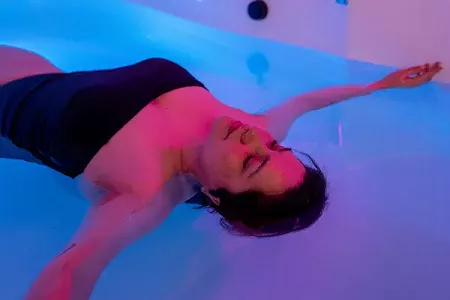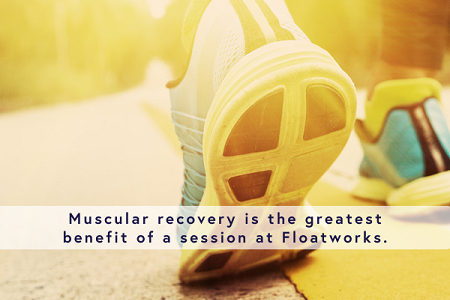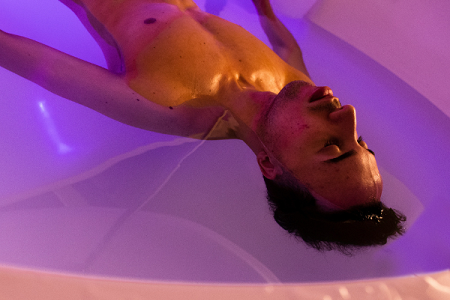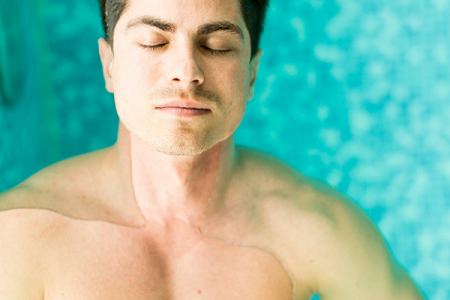Navigating Menopause: Top Tips for Coping with the Change
Menopause is a significant life transition that every woman experiences. It marks the end of menstruation and fertility, typically occurring in a woman’s late 40s to early 50s.
While it’s a natural part of aging, the symptoms associated with menopause can vary widely and often disrupt daily life.

From hot flushes and mood swings to sleep disturbances and vaginal dryness, the challenges can feel overwhelming. However, there are strategies and coping mechanisms that can help ease the transition. Here are some top tips to navigate menopause with grace and resilience:
1. Prioritise Self-Care:
During menopause, it’s crucial to prioritise self-care. This includes getting regular exercise, eating a balanced diet rich in fruits, vegetables, and whole grains, staying hydrated, and getting enough sleep. Taking care of your physical and mental health can help alleviate many menopausal symptoms.
2. Seek Support:
Menopause can be an emotional rollercoaster, and it’s essential to have a strong support system in place. Whether it’s talking to friends and family, joining a support group, or seeking counselling, don’t hesitate to reach out for help when you need it.
3. Explore Relaxation Techniques:
Relaxation techniques such as deep breathing, meditation, yoga, and tai chi can help reduce stress and promote a sense of calm during menopause. Incorporating these practices into your daily routine can have a profound impact on your overall well-being.
4. Consider Hormone Therapy:
Hormone therapy, also known as hormone replacement therapy (HRT), can help alleviate severe menopausal symptoms such as hot flushes, night sweats, and vaginal dryness. However, it’s essential to discuss the risks and benefits with your healthcare provider to determine if it’s the right option for you.
5. Try Floating Therapy:
Many women find that floating therapy helps alleviate stress, anxiety, and menopausal symptoms such as hot flushes and sleep disturbances. The deep relaxation experienced during floating sessions can also promote better sleep and overall well-being.
6. Stay Active:
Regular physical activity can help alleviate menopausal symptoms, improve mood, and promote overall health and well-being. Whether it’s walking, swimming, dancing, or practising yoga, find activities that you enjoy and make them a regular part of your routine.
7. Stay Cool:
Hot flushes and night sweats are common symptoms of menopause. To help manage these symptoms, dress in layers, use cooling pillows or fans, and avoid triggers such as spicy foods, caffeine, and alcohol.
8. Stay Informed:
Educate yourself about menopause and its symptoms so that you know what to expect and how to cope. There are many resources available online, including reputable websites, books, and support groups, where you can find information and connect with other women going through similar experiences.
9. Consider Alternative Therapies:
In addition to floating therapy, there are many alternative therapies and natural remedies that may help alleviate menopausal symptoms. These include acupuncture, herbal supplements, aromatherapy, and massage therapy. Be sure to talk to your healthcare provider before trying any new therapies or supplements.
10. Practice Patience and Self-Compassion:
Menopause is a journey, and it’s essential to be patient and kind to yourself as you navigate this transition. Give yourself grace on the difficult days, celebrate the small victories, and remember that you’re not alone.
By incorporating these tips into your daily life, you can better cope with the changes that come with menopause and embrace this new chapter with confidence and resilience.
Remember to consult with your healthcare provider before making any significant changes to your lifestyle or starting any new treatments or therapies.
New to Floatoworks? Take advantage of our Introductory Package - 2 floats for £80
BOOK A FLOAT AT FLOATWORKS VAUXHALL
External Resources:
Follow our social:
Floatworks
Key Themes:
Float therapy, sensory deprivation therapy, menopause, coping with menopause, menopausal symptoms, hormone therapy, menopause support, menopause UK, menopause resources, menopause tips.










